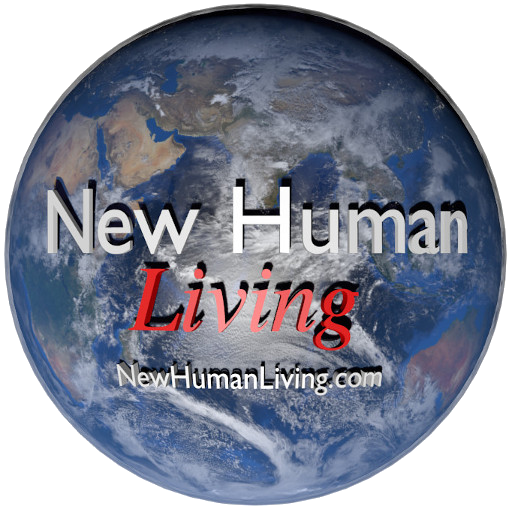Getting off the Emotional Rollercoaster
Our Emotions connect us to the Collective Story … until it doesn’t
Emotions, as a mechanism or part of being human, are impersonal. But I know it doesn’t always seem that way. But there is an element to our own personal experience of emotions that we do have control over. Not control, in that we suppress our emotions. Not that we “control” our emotions by suppressing them. But rather, we can heal our relationship with our own emotions and set ourselves free of wrestling with them. The emotions themselves are indifferent to how we experience them.
You could think of your emotions as a personal report card of sorts. For some of us, we can have a rather constant relationship with particular emotions. For example, we might have a pattern or habit of dreading talking about money, sex or responsibilities with our partner. Where we can feel our emotions well up when the topic is brought up. That feeling, that our emotions give us, is a reflection of ourselves. It is a reflection of how we see ourselves. You could think of your emotions as the reflection of our thoughts, beliefs and attitudes being “shown” to us through our emotional feelings. The emotions themselves have no motive or agenda of their own.
When we have not been tending to our emotions and perhaps avoid most of them, we can develop an ingrained reactive pattern. This can be triggered by the news and the media. Where, after we watch the news and see things that are not very nice to see, we can get a feeling of dread or perhaps the feeling of being disconnected with ourselves. As if we are emotionally detached. Perhaps even numb.
Often I see established couples that don’t really deal with their emotions, where they can tend to find corridors of agreed avoidance when it comes to much of their emotions. Where their lives are emotionally limited to narrow ranges of emotions that they both feel comfortable with. Perhaps with humor or sarcasm or the like. Where they both avoid much of their feelings, and they both prefer that. Even to the point of rather drastic consequences like divorce or worse.
For example, if one of the partners is not allowed to express how they feel, perhaps because the other partner is easily upset or even downright dominant to what emotions are allowed, there can be a resentment that is felt over time. If one of the partners is not allowed to express how they feel, it can cause a problem that isn’t really evident to the controlling partner. Then, one day, seemingly out of the blue, the suppressed partner “all of the sudden” wants a divorce. They might not even be able to verbalize it. They just know they can’t tolerate the relationship anymore. Or even worse, where there might be much more dramatic actions taken after the suppressed partner reaches the end of their proverbial rope.
The curious thing is that the (real) reason they were attracted to each other, is that the other person “feels like home.” Where their energy is felt as familiar to how their household felt growing up. If there was a common emotion in each of these metaphorical partners’ households growing up, they can feel “normal” or “comfortable” to the emotions they felt growing up, regardless of how functional the household was with said emotions. Even if their family dynamics growing up were a glorified trainwreck, they can still feel attracted to the other person, because they have the same scarred emotional makeup. This, without it ever being talked about whenever they first met and started dating. We “resonate” with those with the same emotional makeup. We feel a “connection” that they can’t even verbalize. Yet that common feeling can be based in the very same dysfunctional emotional history.
The way out, if you will, is to heal the emotional past. Not always an easy undertaking.
When we find ourselves being stuck in emotional patterning, we are stuck there until we change how we associate with our emotions. Oftentimes our emotions are showing us where we need to grow. For example, if we are emotionally dependent on others to make ourselves feel good about ourselves, we might need constant reinforcement to validate ourselves. Having no validation from ourselves. Perhaps from a lack of self-confidence or such.
To heal our own relationship with our own emotions, we need to stop posturing with them. To gain a deeper understanding of our emotional demeanor can give us insights to why we keep choosing to avoid or posture with particular emotions. We grow through our emotional habits and patterns. Once we can heal our relationship with our own emotions, they, our emotions, become powerful allies to us. They can show us, perhaps long before our mind figures it out, where we are not being authentic to ourselves. Where we are not respecting ourselves. To master our emotional intelligence, we can create the tools that can make our lives easier. Where we can avoid “problems” we weren’t even aware we were stuck in. Emotions themselves are not a mistake. They are a very valuable part of our human design.
What are your emotions calling you to learn about yourself?
Love You!
Les
If you liked this blog post … sign up for our once-a-week newsletter and get these messages delivered straight to your inbox! Scroll down on our home page https://newhumanliving.com/ to sign up. And of course, feel free to share this post or page with those who would enjoy such inspiration.


